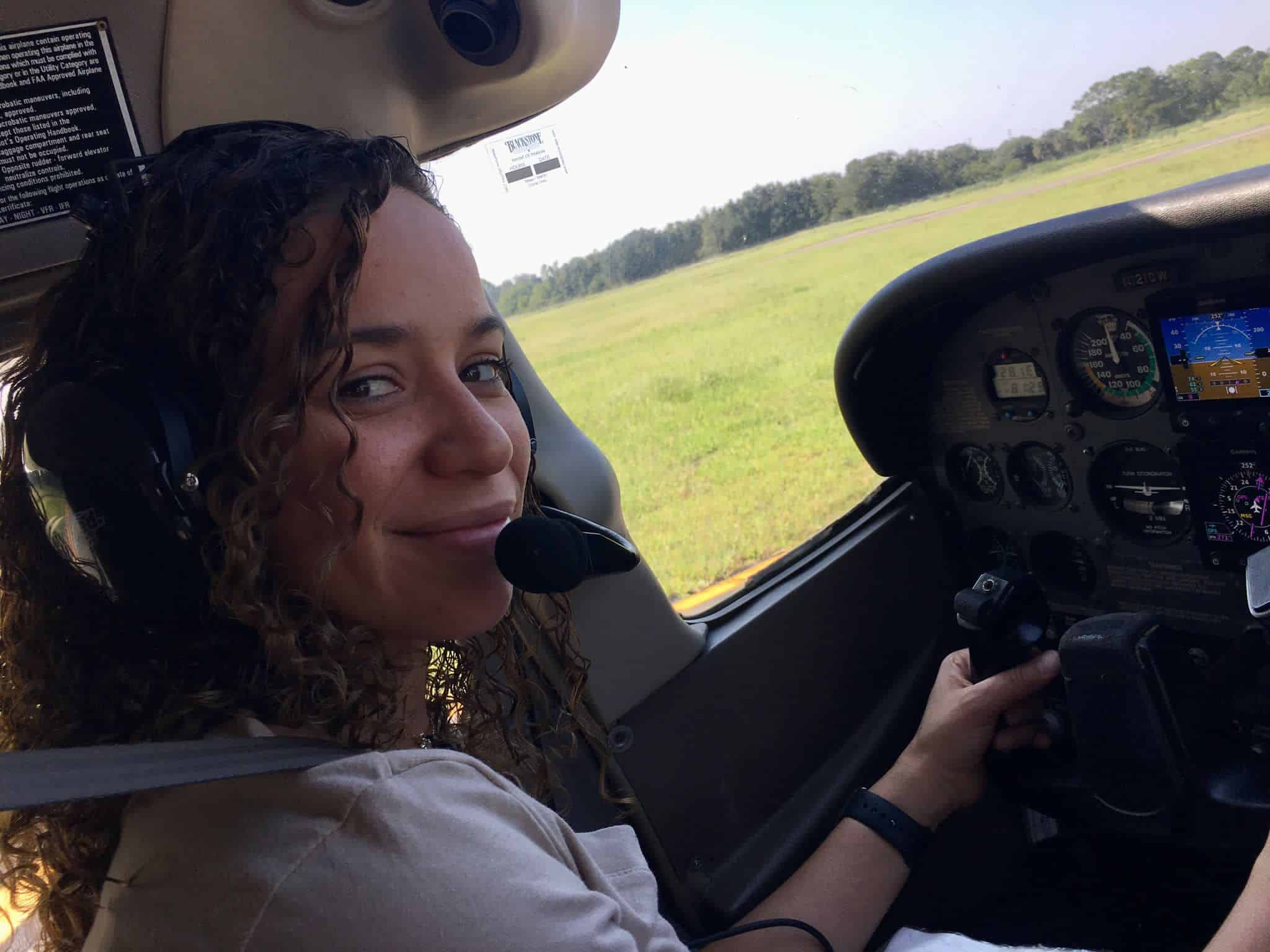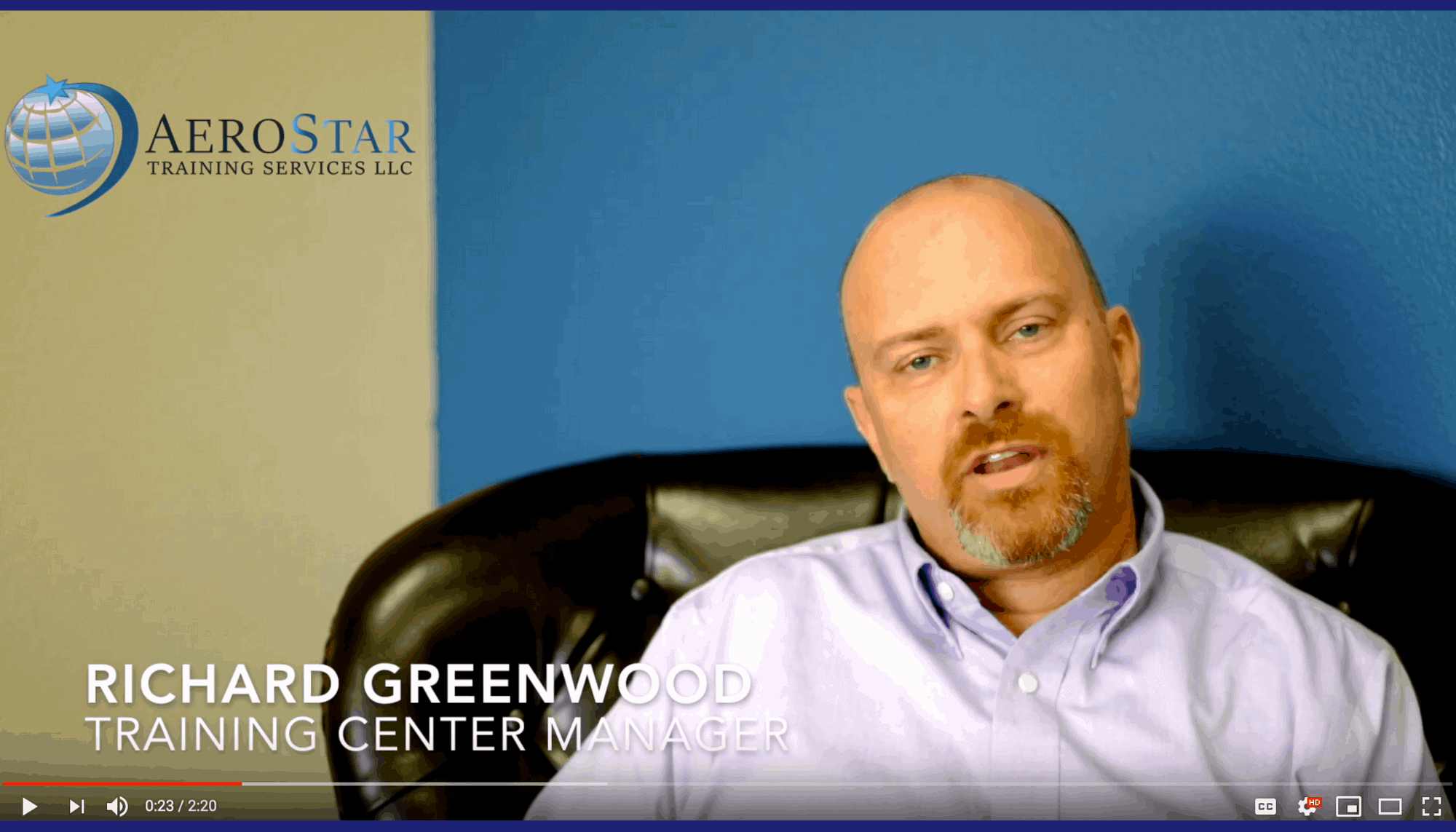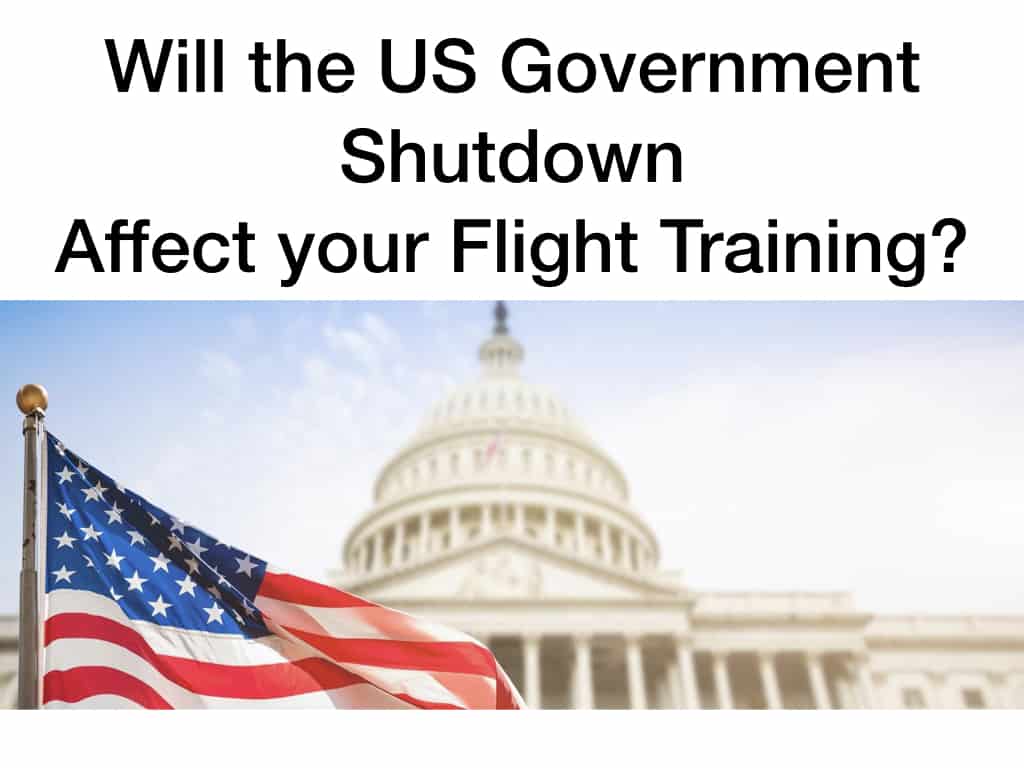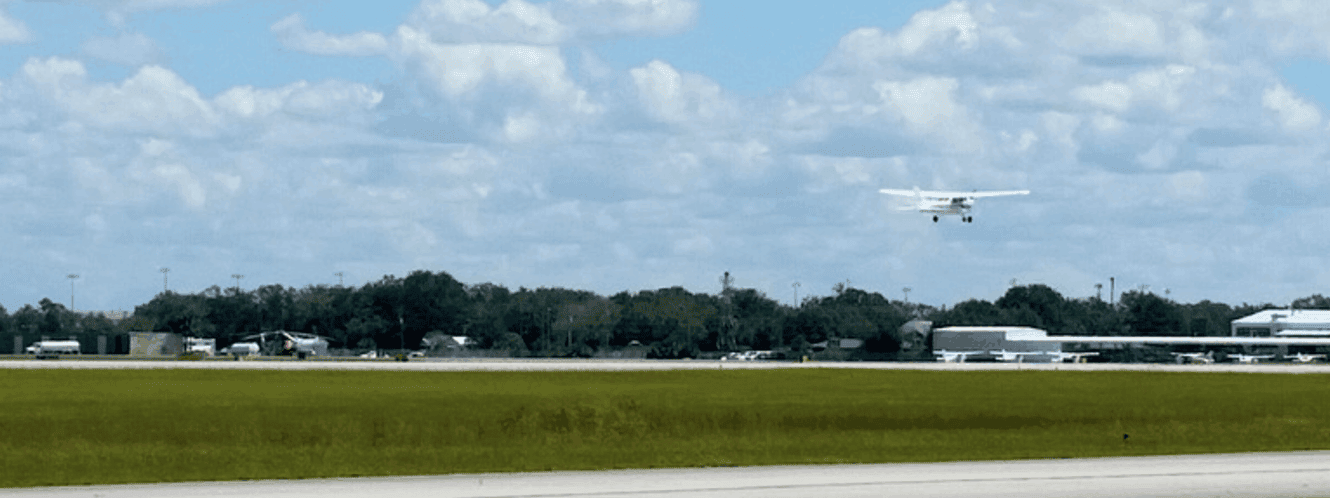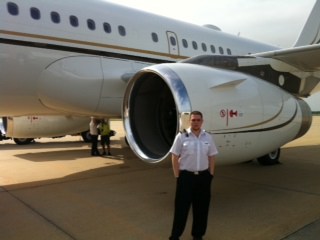Celebrating Women in Aviation: Meet Julaisy Ramos, Manager of Maintenance Administration at Aerostar Training Services
February 26, 2023
No Comments
The aviation industry has always been an exciting and challenging field, and it takes a committed and passionate person to truly to succeed in it. ...
Read More
What is IACRA, and what should I do before I start flight training?
November 22, 2019
No Comments
Hello. My name is Richard Greenwood. I serve as the Training Center Manager for the FAR Part 142 Training Center here at Aerostar Training Services. ...
Read More
AeroStar Training Services – The Overview
October 16, 2019
No Comments
In this short video, Captain David Santo answers questions about AeroStar Training Services, including How is Aerostar different from other pilot training organizations? What credentials ...
Read More
How is the US Government Shutdown Impacting Flight Training?
January 17, 2019
No Comments
AeroStar Training Services is open for business during the government shutdown. Our instructors are holding courses, students are enrolling and graduating, and things are progressing ...
Read More
AeroStar Enjoys WATS Conference
April 22, 2018
No Comments
The AeroStar Team enjoyed the WATS conference – we attend each year to keep up to speed with what’s going on in the Aviation Training ...
Read More
AeroStar Attends WAI Conference in Reno
March 27, 2018
No Comments
AeroStar recently attended the annual Women in Aviation International conference in Reno, Nevada. “We really enjoyed attending the conference and connecting with other female entrepreneurs and ...
Read More
Frequently Asked Flight Training Questions
November 16, 2017
No Comments
I recently had a chance to sit down with our director of flight training, Rob Becker, and we spoke about some of the most frequently ...
Read More
Stories from Our Students and Graduates – First Officer Kenian Jabbour
September 15, 2017
No Comments
Graduate Stories: As the Admissions Director of AeroStar, I learn a lot about our students and their careers. The career path for pilots has changed ...
Read More
Do you have WIA or VA benefits?
July 13, 2015
No Comments
Did You Know? AeroStar Training Service is approved for WIA and VA benefits and programs in Kentucky and Central Florida! Contact us to find ...
Read More
RAA Convention Update – Future Pilot Career Outlook
June 17, 2015
No Comments
We recently returned from the RAA convention and are very encouraged about the prospects for pilots starting airline careers. The Regional Airlines (members of the ...
Read More

